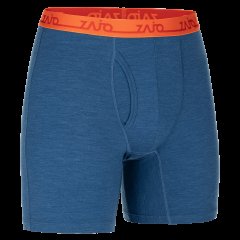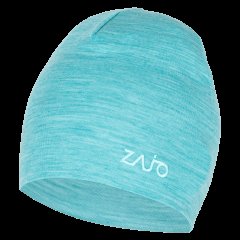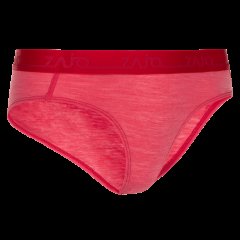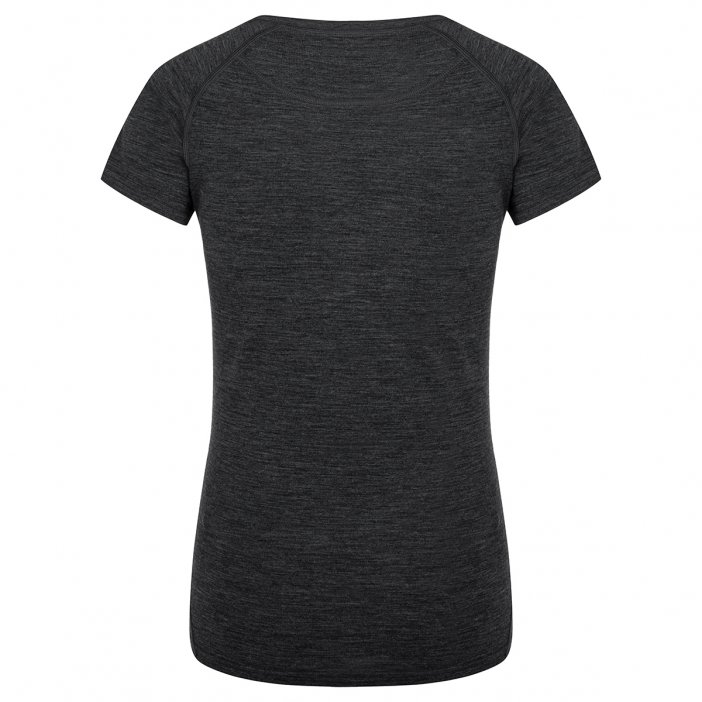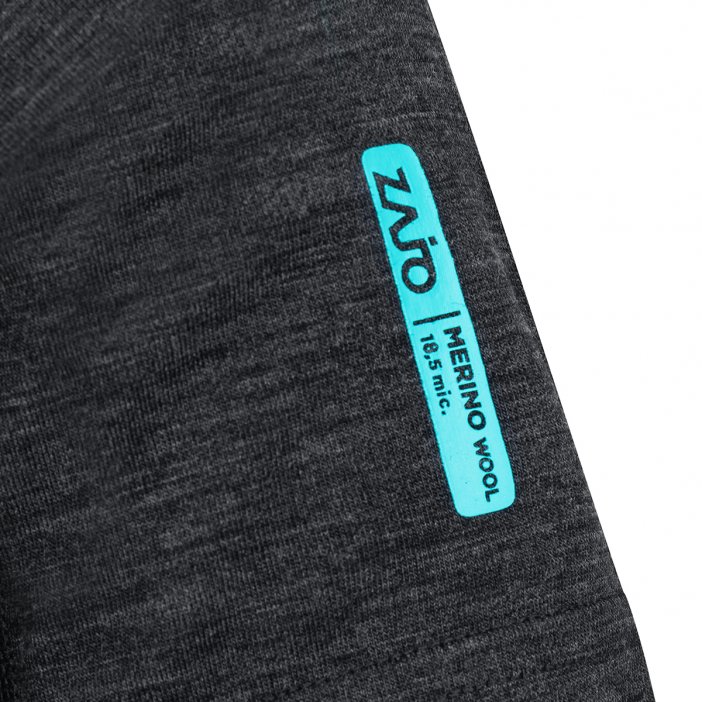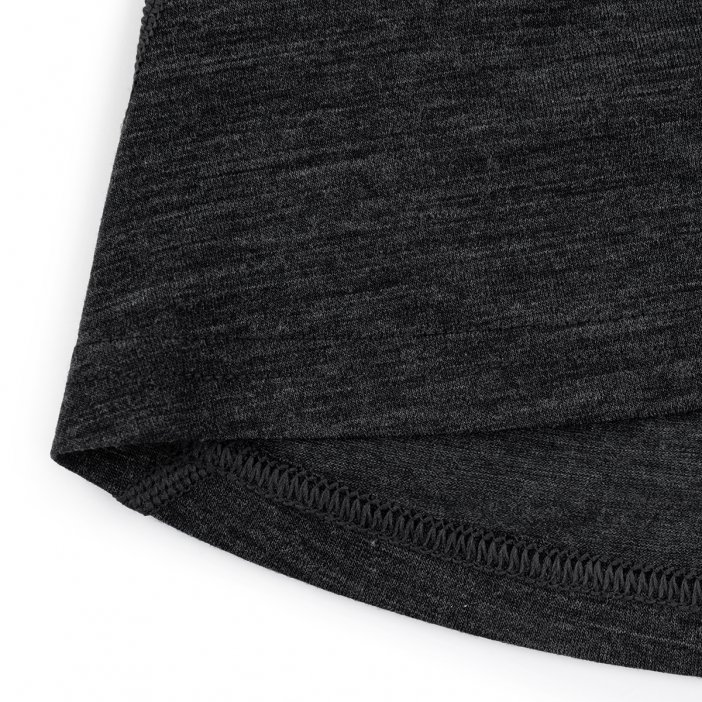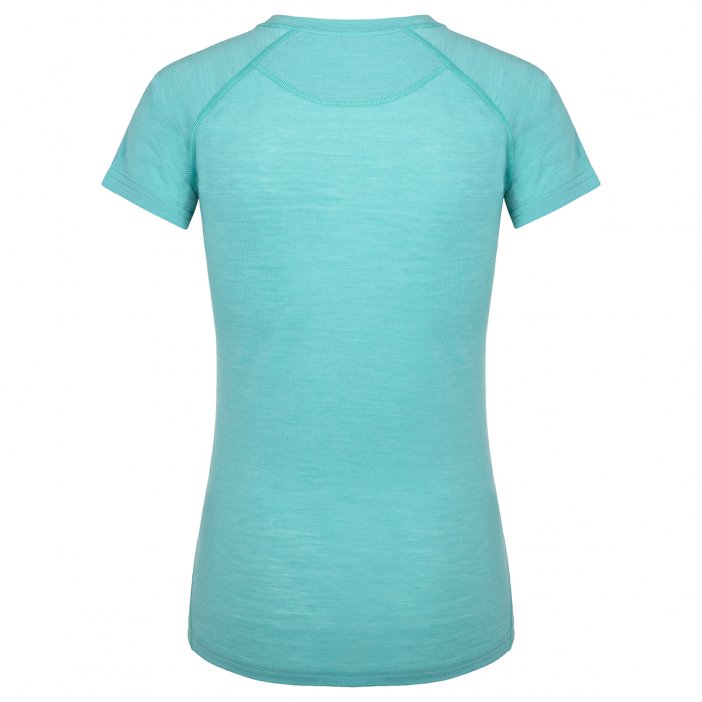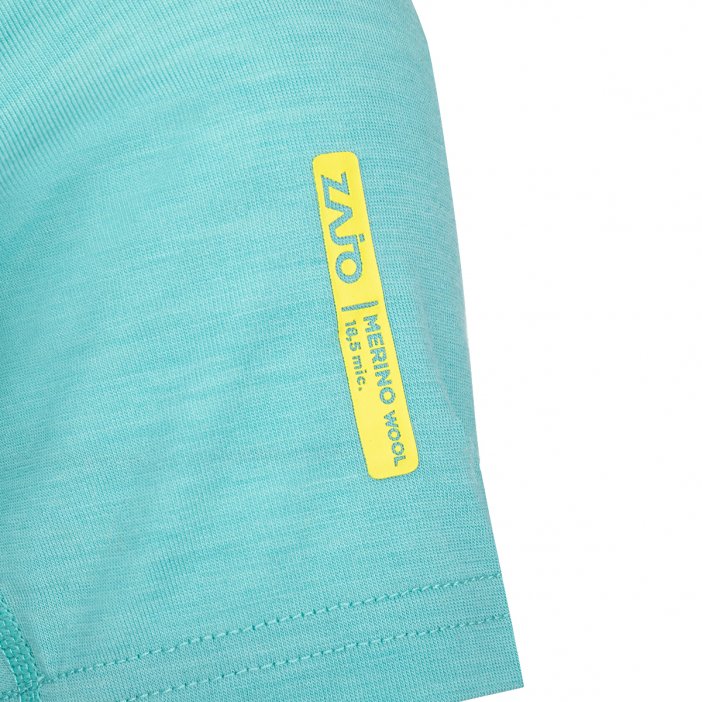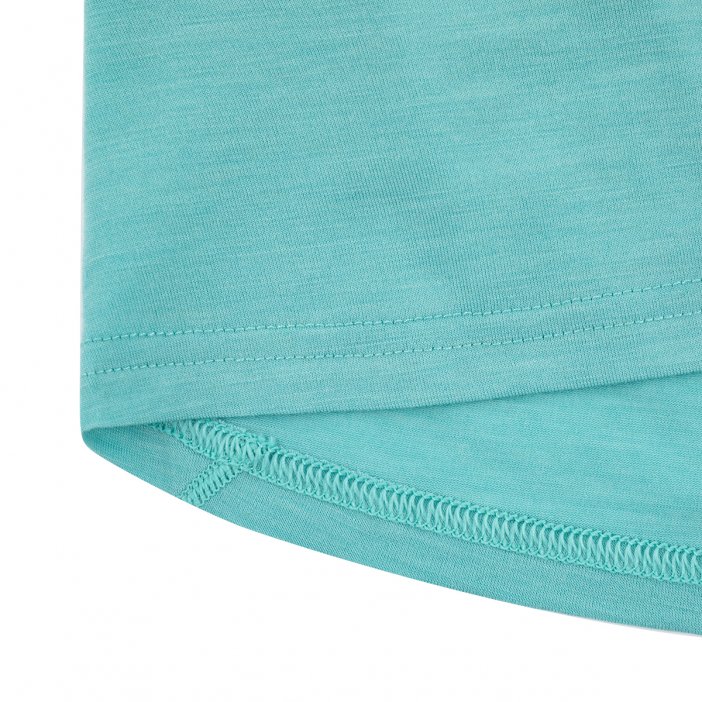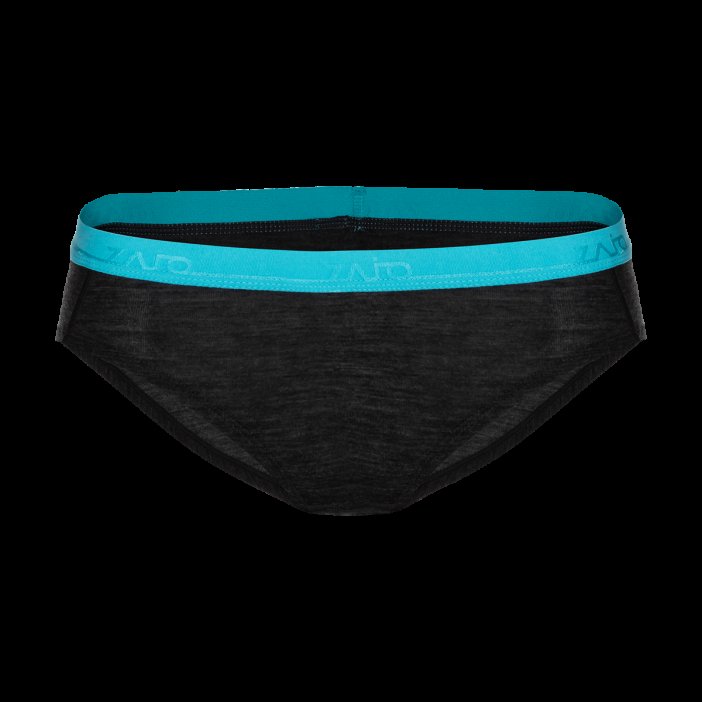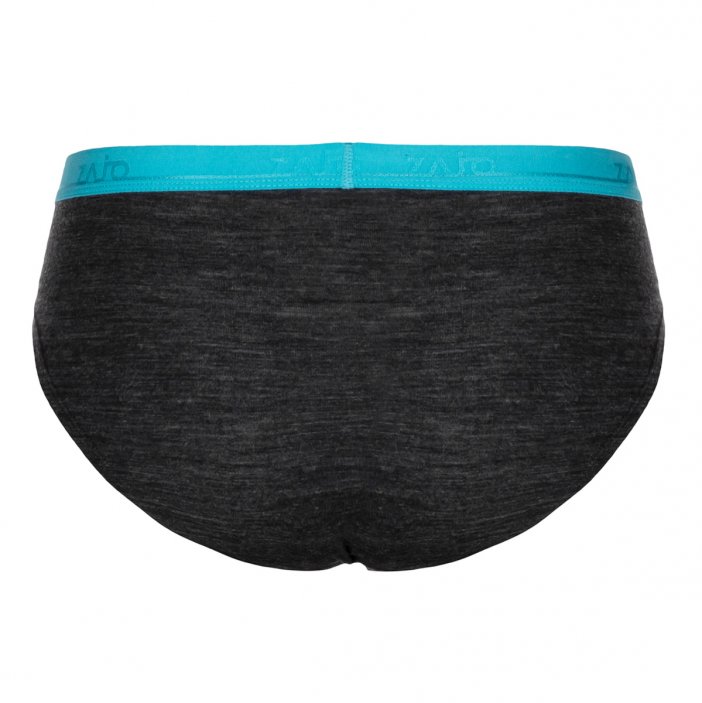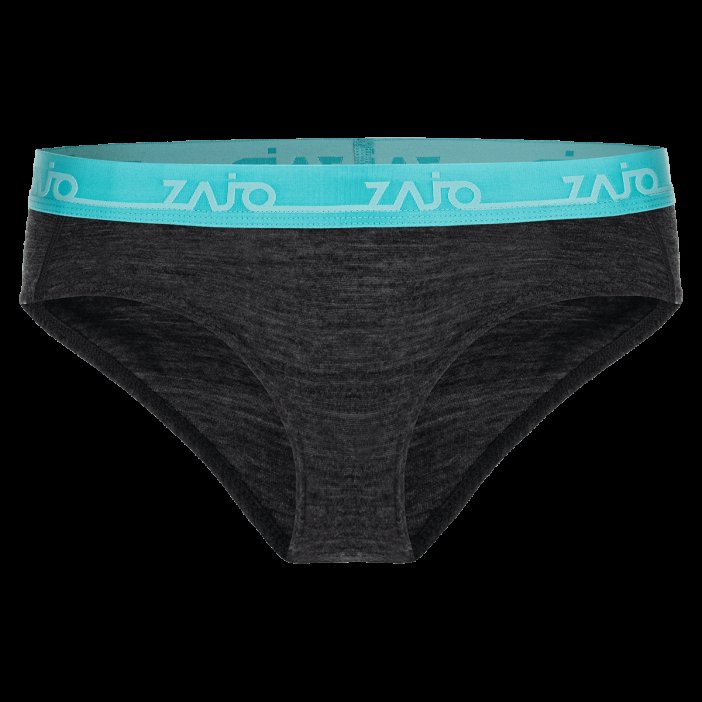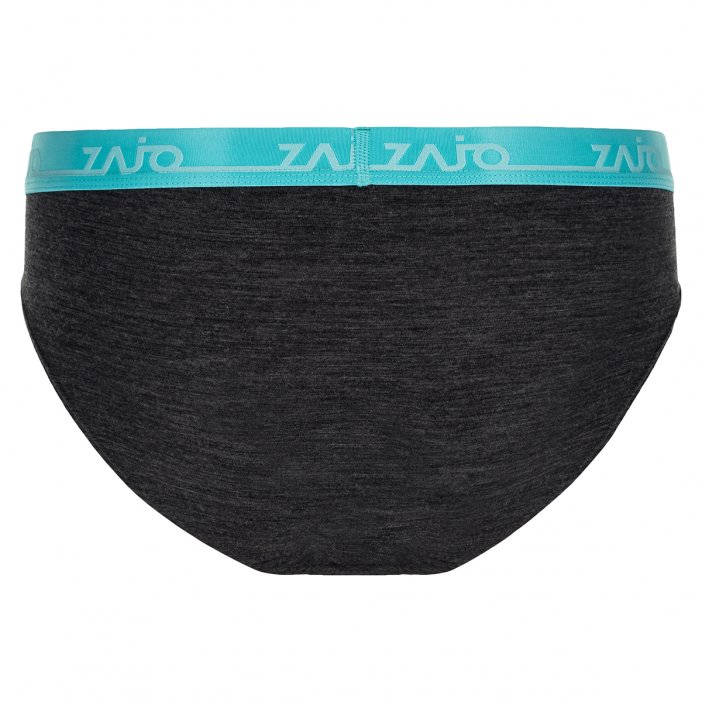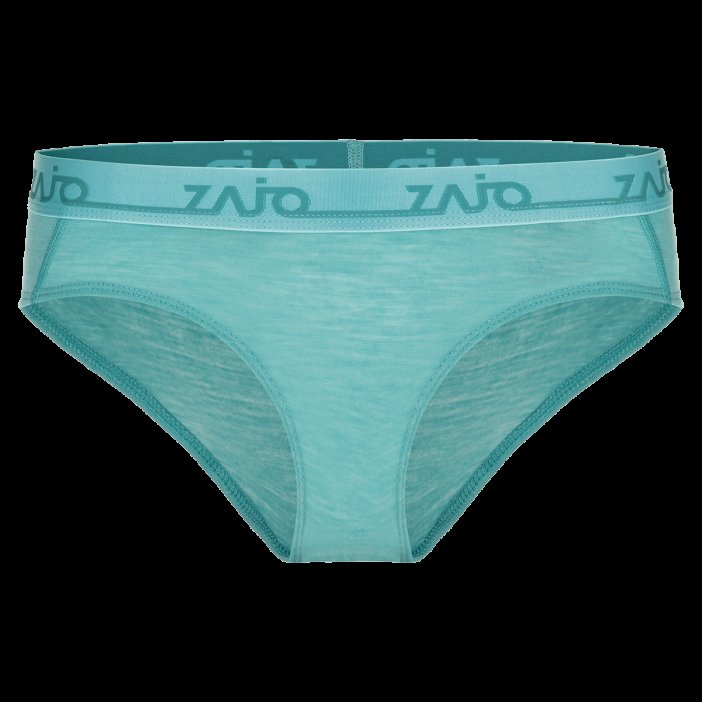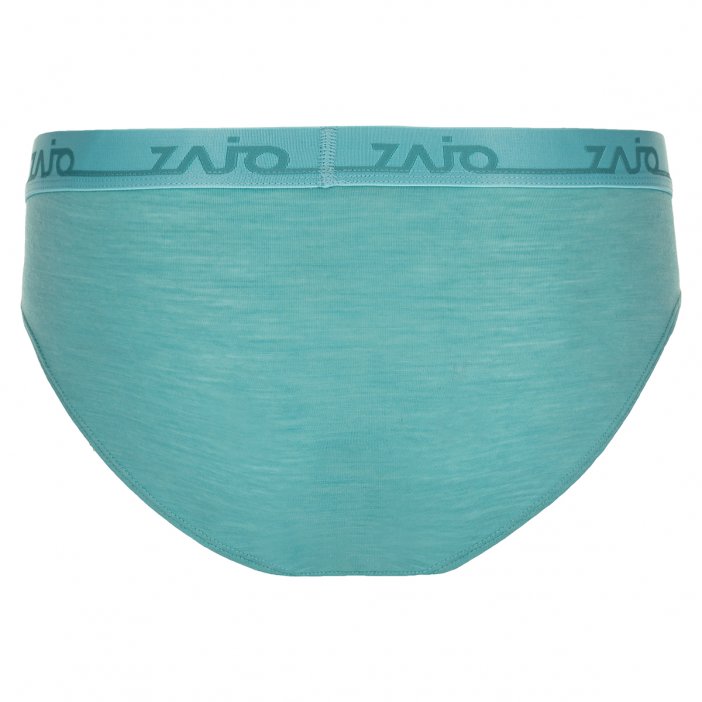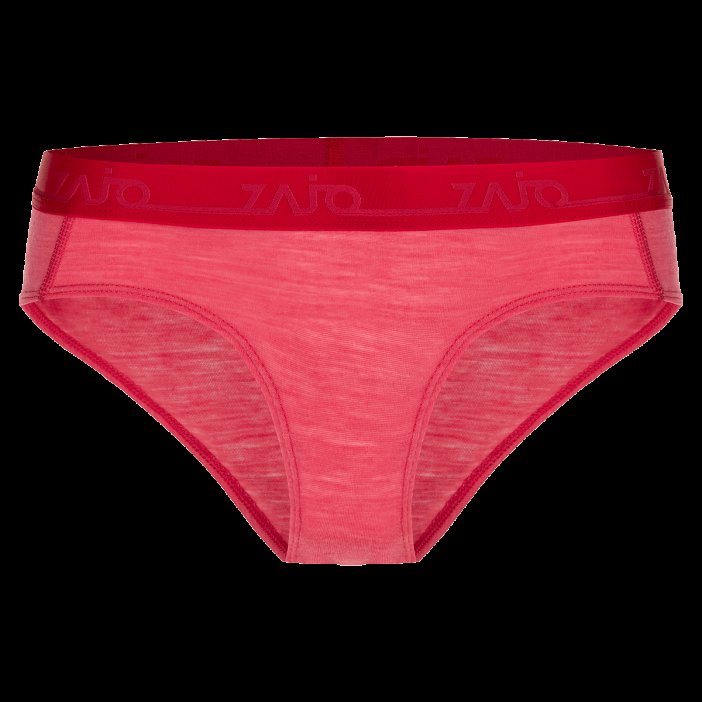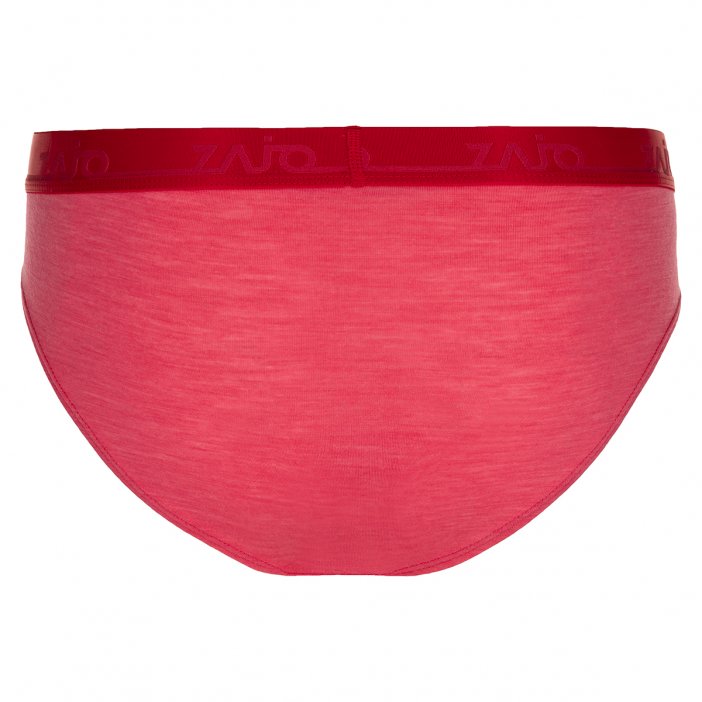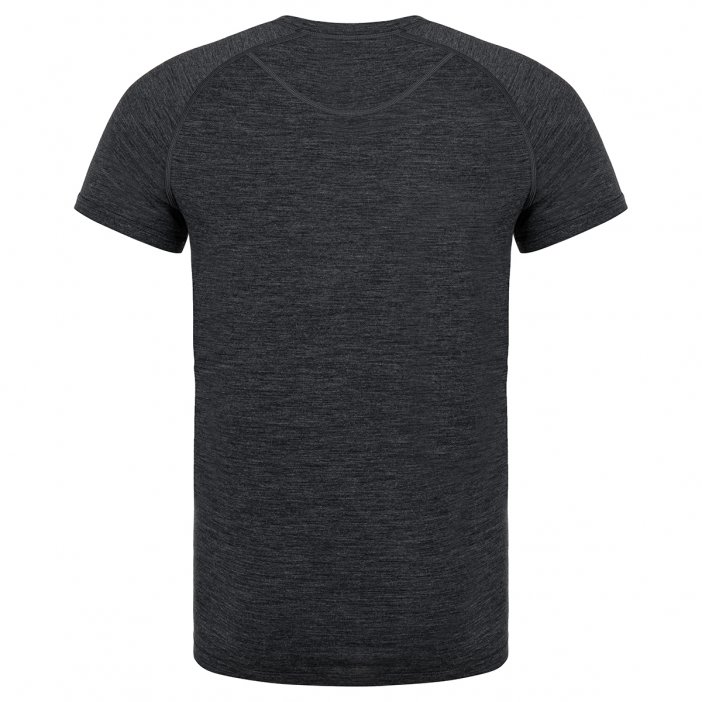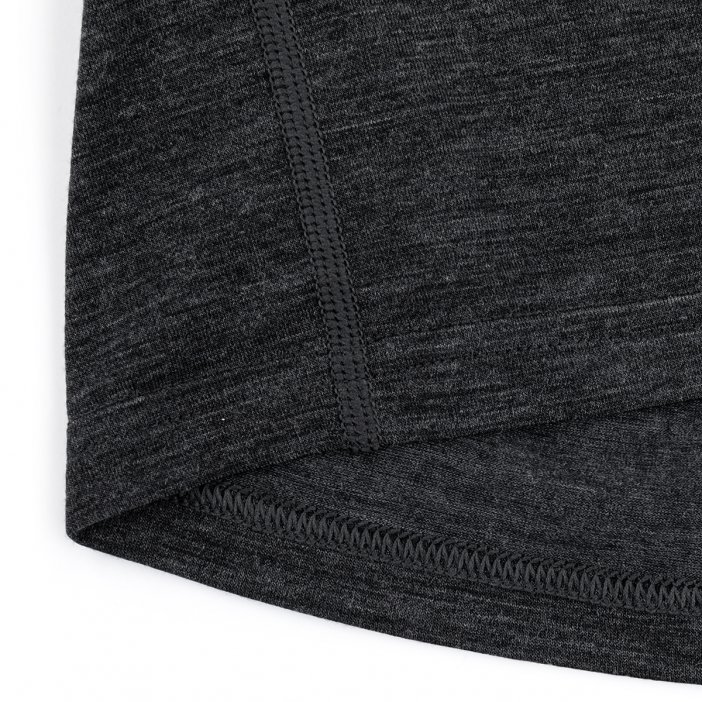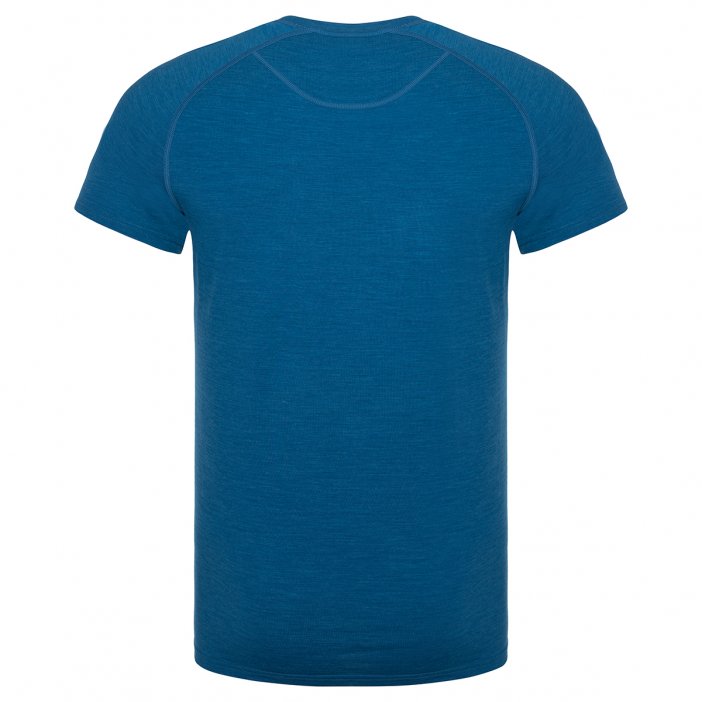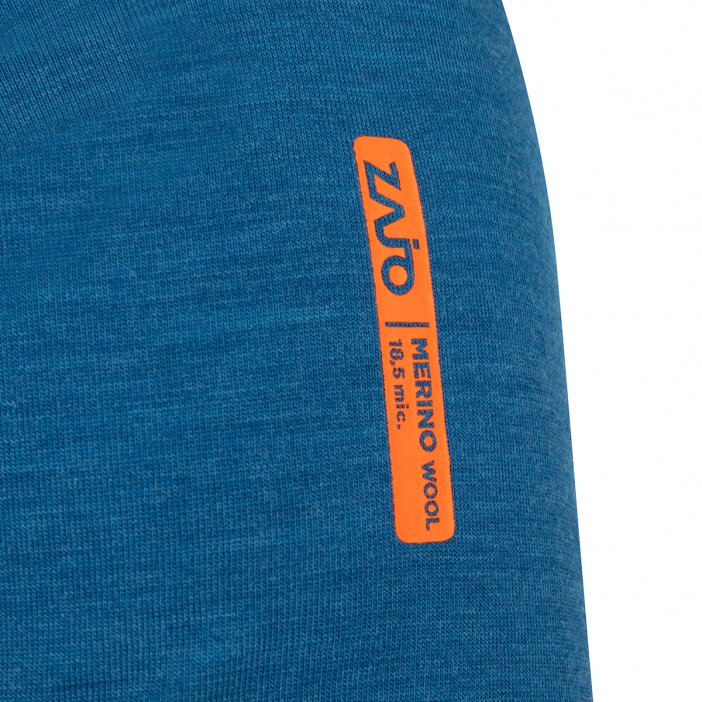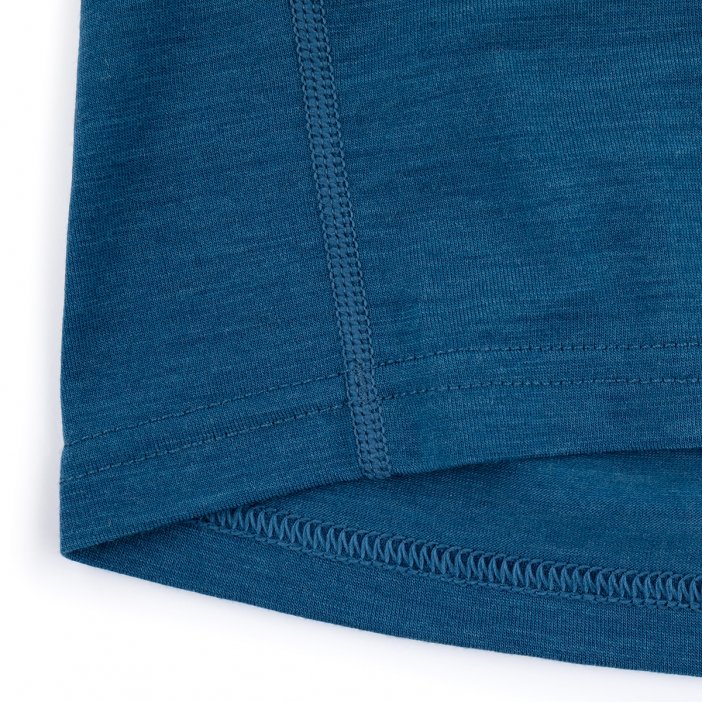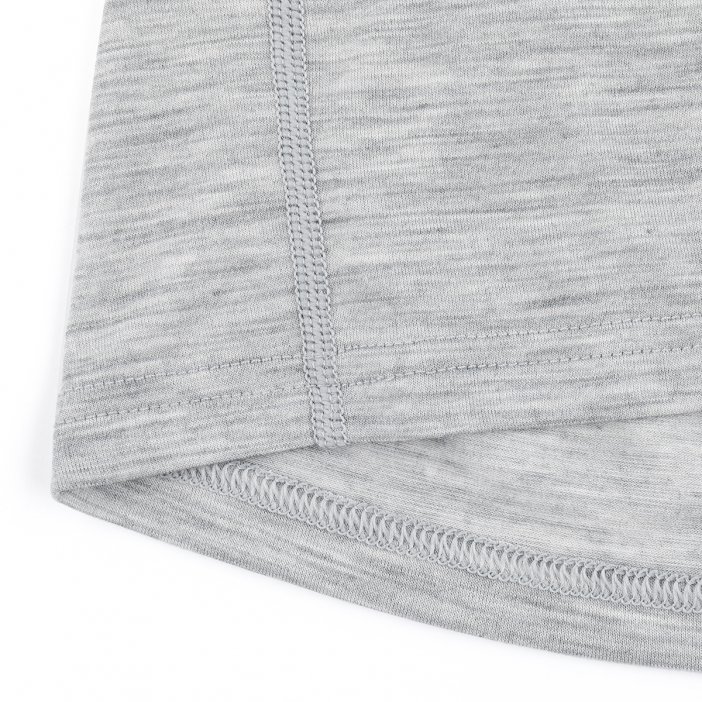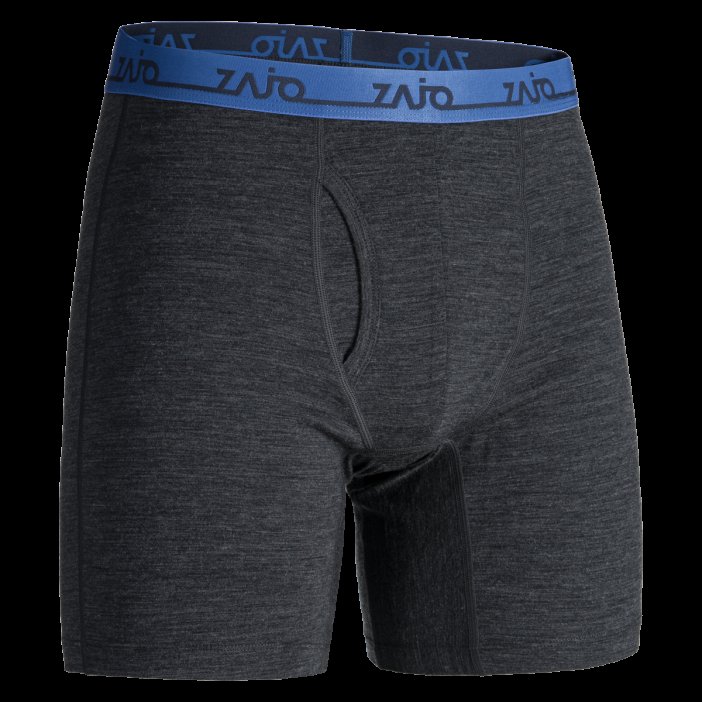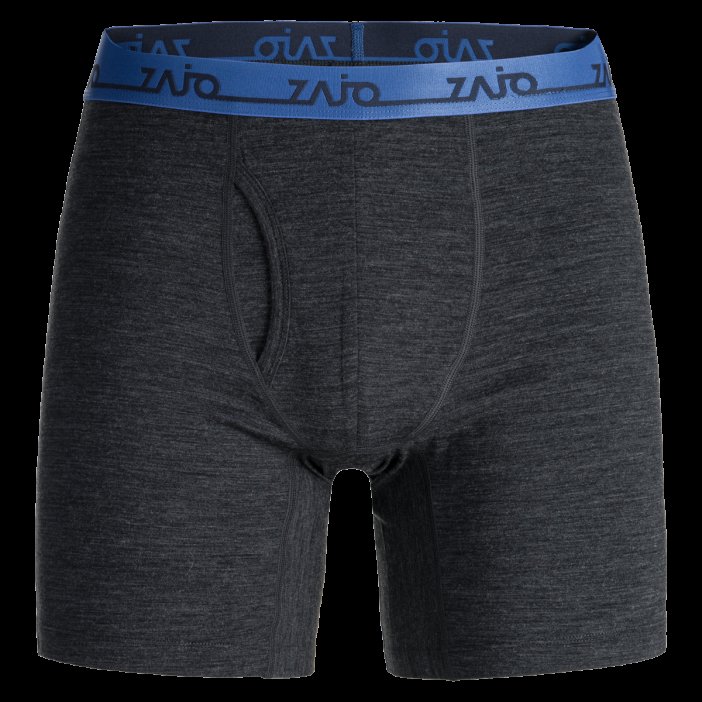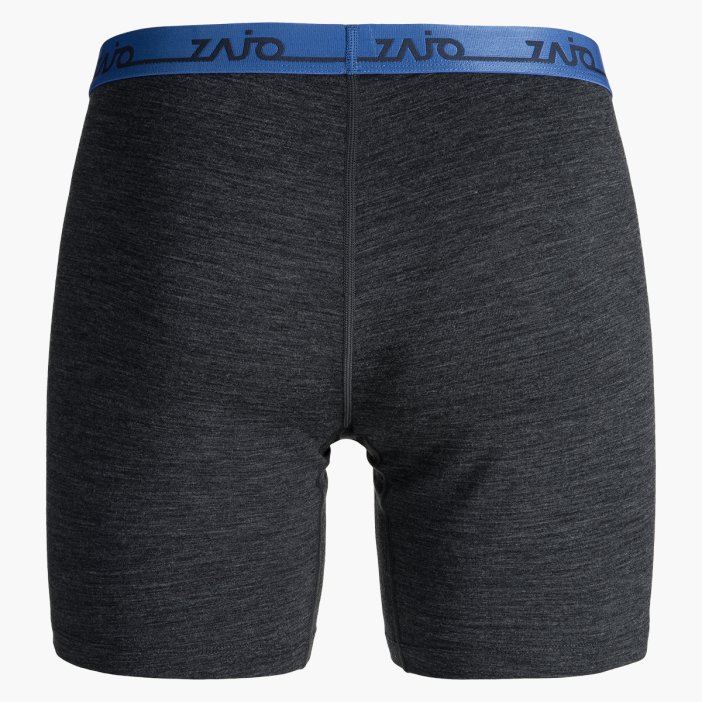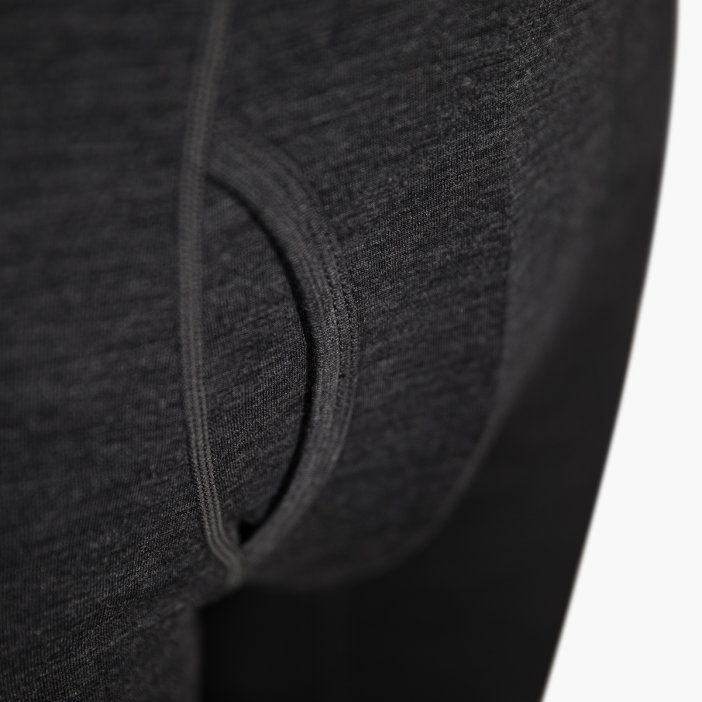Why does Merino wool not smell even after a few days of wear?
Merino wool is one of the most popular fabrics among outdoor enthusiasts and athletes. And one of the key reasons for the popularity of this miraculous natural material from the Merino sheep breed is its resistance to odour, thanks to which you can wear Merino wool clothing for days in a row without the unpleasant smell of sweat spreading around you.
But how is this possible? Why does a cotton T-shirt or synthetic have to go in the washing machine after a day of wear, while a Merino wool T-shirt can be worn for a week without any qualms?

What is merino wool?
Merino wool is a type of wool that comes from the Merino sheep breed, bred most commonly in Australia and New Zealand. Merino sheep have been selectively bred over many generations to produce fine, soft wool that is highly valued for its quality and versatility.
Merino wool differs from other types of wool in several ways. It is softer and finer than traditional wool, making it more comfortable to wear and not accompanied by the typical irritation that can be uncomfortable, especially for people with sensitive skin. It also has excellent thermoregulatory abilities, which means that it can regulate body temperature at an ideal level by wicking the optimum amount of moisture away from the skin.
In addition, merino wool is naturally antimicrobial, which means that it prevents the growth of bacteria and other microbes. And this is where we get to the root of the matter.
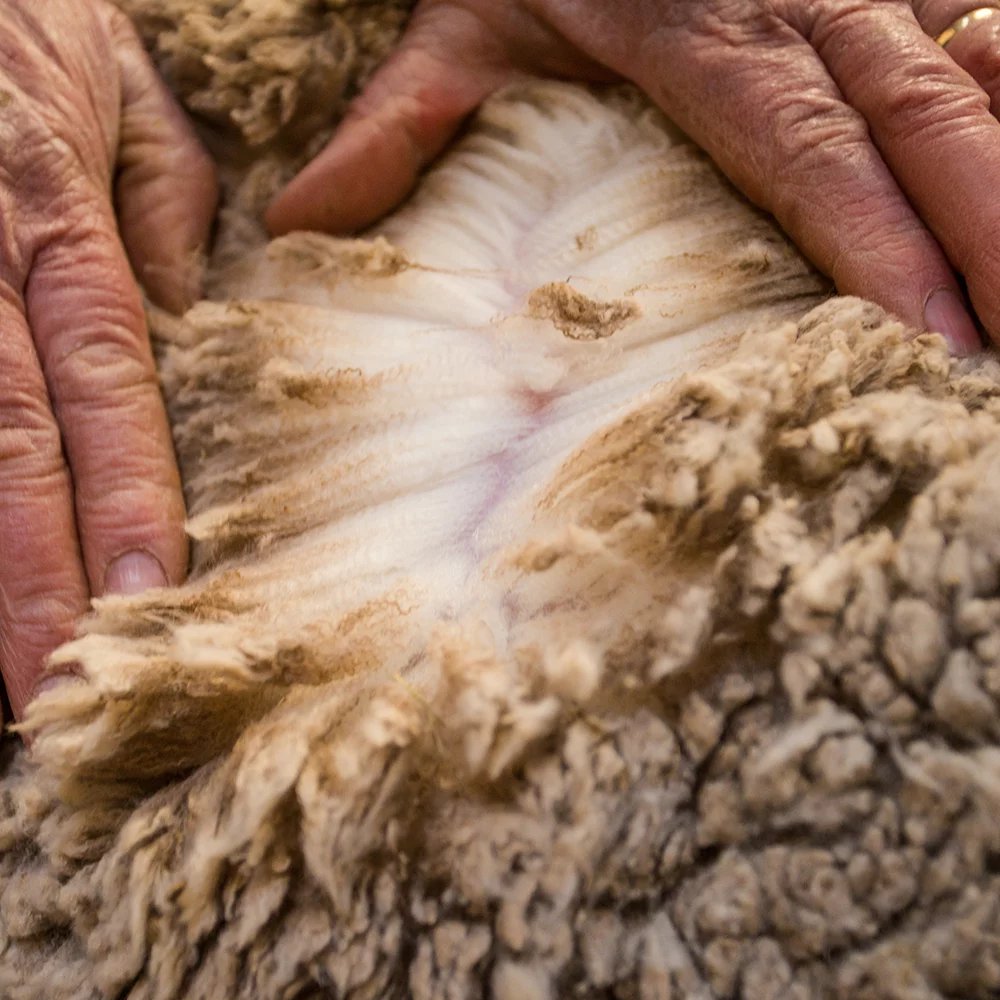
Why and how is merino wool odour resistant?
One of the main reasons why merino wool is odour resistant is its natural chemical properties. Unlike synthetic fabrics, which are made from petrochemicals and plastics, merino wool is a natural fibre that contains many natural chemicals. And it is several of these chemicals that are literally odor fighters.
One such substance is lanolin, which is a wax that sheep produce to protect their skin and wool from the elements. Due to the high altitudes, harsh conditions and fierce winds, merino sheep have had to develop really reliable protection of this kind, which makes them stand out from other sheep breeds in this respect. And it is lanolin, in addition to its ability to protect the sheep's skin, which is a natural antibacterial agent that prevents the spread and multiplication of bacteria in the structure of the material - and it is bacteria that are the main cause of the typical smell.
Merino wool also contains several amino acids, including cysteine and arginine, which have antimicrobial properties. These amino acids act by disrupting the cell walls of bacteria. And like lanolin, they also have the ability to prevent bacteria from spreading and multiplying.
The final reason why merino wool manages to resist odor is its breathability - that is, its ability to effectively wick sweat and moisture away from the body, through the material, and out the door. This property is particularly important in preventing odour, as bacteria thrive especially in warm and humid environments. By being able to keep the skin dry, merino wool prevents bacteria from creating an ideal environment for bacteria to live, grow and multiply.

How long can I wear merino wool clothes without washing them?
Thanks to the factors listed above, merino wool clothing can be worn for several days in a row without washing. This feature is particularly suitable for treks and hikes of several days, as there is no need to wear a different shirt or underwear every day. This saves several hundred grams in the pack, which is especially noticeable on multi-day hikes.
Of course, it is essential to note that merino wool also has its limits and is not completely resistant to odour. If you wear it for several days without washing it, at some point the smell will inevitably come. Compared to other fabrics, however, this moment comes considerably later.
Of course, the number of days you can wear merino wool clothes without washing depends on a number of factors - the climate you're in, the intensity of your activity or the amount of sweat your body produces during that time. Due to the number of factors, it's difficult to estimate the number of days you can wear merino without regret, but generally we're in the range of 3 to 5 wears.
Finally, like all clothing, merino wool needs adequate care to make it last longer and keep its properties in tip-top condition.
How to care for merino wool clothing?
It would be a great shame to miss out on the benefits that merino wool offers. Improper or inadequate care can weaken the merino wool fibers, so the clothing would no longer be able to offer 100% of what it did at the beginning.
However, although wool care is something that some hikers worry about, the good news is that merino wool is more durable compared to conventional wool and thus, caring for it is a little less complicated. You just need to follow a few simple rules:
Wash at the lowest possible temperatures: Merino wool has very fine fibres that can be damaged or weakened by too hot water or high temperatures. Avoid drying merino in the dryer, naturally.
Use a mild detergent: Again, due to the fineness of the fibres, it is advisable to use a mild detergent, ideally one that is designed specifically for wool fabrics.
Don't use fabric softener: fabric softener can leave a tiny residue on merino wool fibres, which could negatively affect their ability to wick away moisture and therefore combat odour.
Air dry: As mentioned above, merino wool is not suitable for tumble drying. The ideal way is to lay the clothes flat and let them dry outside, but not in direct sunlight. However, you can also let it dry on a hanger or on a drying rack without any qualms.






